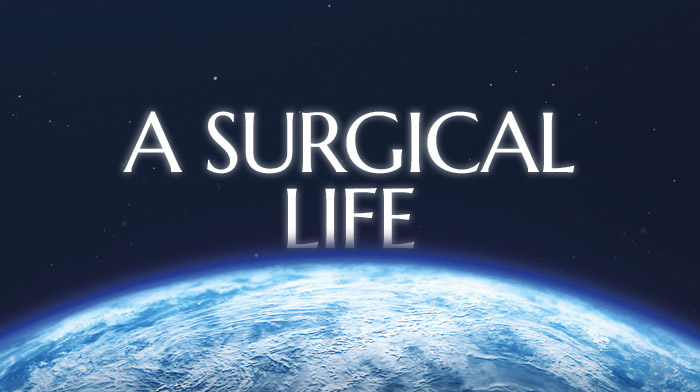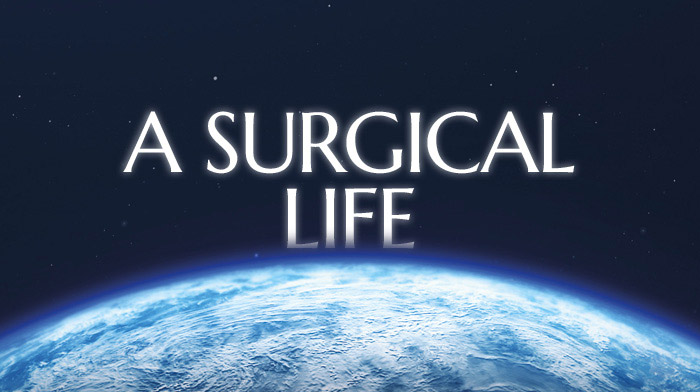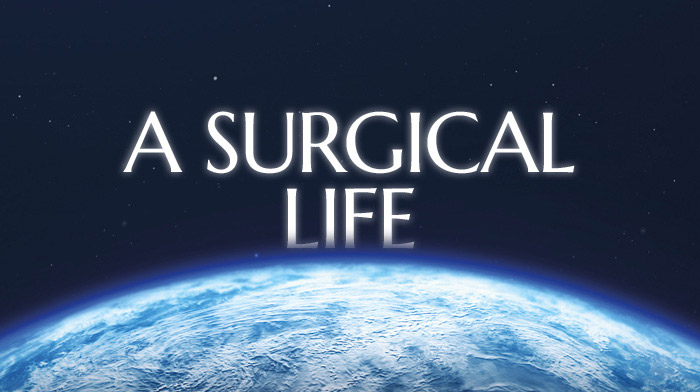BJS Academy>Surgical news>A surgical life by B...
(2)
A surgical life by Bob Baigrie
16 September 2022
General Lower GI Upper GI
(2)
Related articles

A surgical life by Agneta Montgomery
My surgical life What made you decide to become a surgeon? Art and design have always been a passion in life. I designed and sewed almost all my own clothes when growing up. When my twin brother was to get married, he wanted to wear a white dress suit. I tailored it for him as there was nowhere, we could find one. I have kept on tailoring abdominal walls.

A surgical life by Takeshi Sano, MD, PhD
I am a surgeon specializing in gastric cancer. I graduated from the University of Tokyo in 1980, and after surgical training, spent 15 months at Institut Curie, Paris as a research fellow with a French Government scholarship. This flavoured my subsequent life with a European taste. For the past 30 years, I have concentrated on surgery and clinical trials on gastric cancer in the two largest cancer centres in Japan, the National Cancer Center and the Cancer Institute, traveling around the world for lectures and live demonstrations of gastrectomy. I have been also involved in formulating domestic and international classifications and guidelines for gastric cancer. Nowadays, I have almost left the operating room and am engaged in management as Hospital Director of the Cancer Institute. What made you decide to become a surgeon? I was born in to a medical family going back many generations in a small castle town and had no alternative but to become a doctor! During the clinical classes in medical school, I was bored with reading the thick medical records written by earnest residents of internal medicine: lots of data, differential diagnoses, copies of references, but no clear solution. Surgeons’ patient notes were fascinating: simple description of surgery with drawings, uneventful postoperative days, sometimes followed by unexpected pathological results. A senior surgical resident confessed that he was not a diligent medical student (too busy with his soccer club) but was able to stand on the same starting position as other brilliant classmates. The story was quite convincing.

A surgical life by Guy Maddern
I have held the Chair of Surgery at the University of Adelaide for the past 30 years. I trained as an HPB surgeon, became involved in rural surgery coordination within South Australia, surgical management of public hospitals and assessment of new surgical techniques for the Royal Australasian College of Surgeons. For the past 20 years I have been Director of the Basil Hetzel Research Centre based at The Queen Elizabeth Hospital. I have been predominantly working within the South Australian public hospital and university system with a research focus on surgical innovation. I have held the Presidency of Health Technology Assessment international (HTAi) and chaired the International Network of Agencies for Health Technology Assessment (INAHTA) as well as serving on the Council of the Royal Australasian College of Surgeons for 9 years. What made you decide to become a surgeon? I grew up in a surgical household, my father was the first urologist in the city and I spent my early years accompanying him on weekend ward rounds as a young child and sitting in his consulting rooms after school before driving home talking about urology and football. I never imagined any other career.
Copied!
Connect

Copyright © 2025 River Valley Technologies Limited. All rights reserved.








.jpg)



